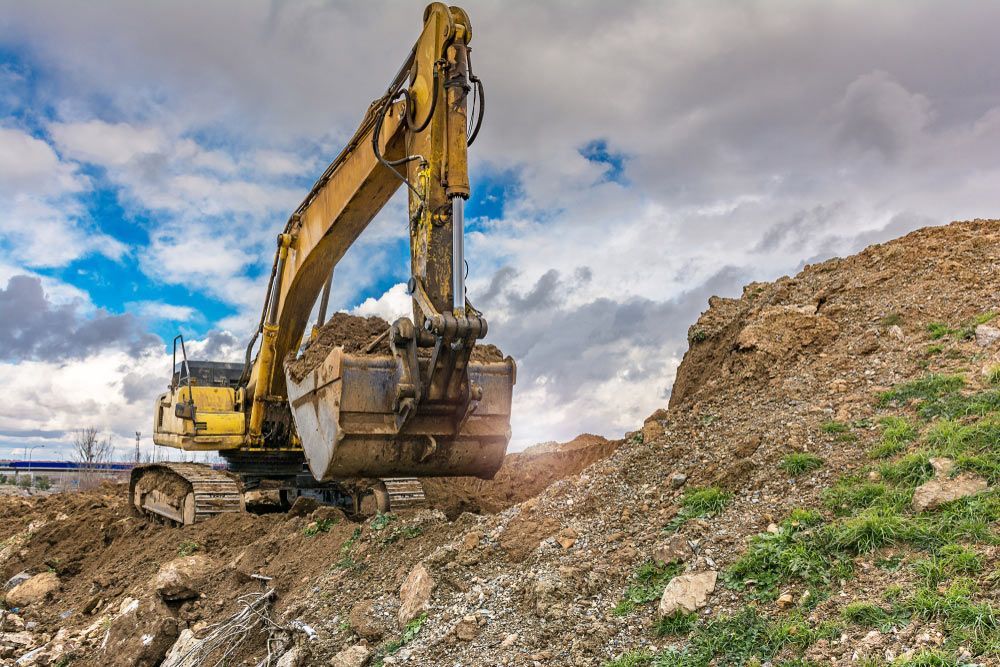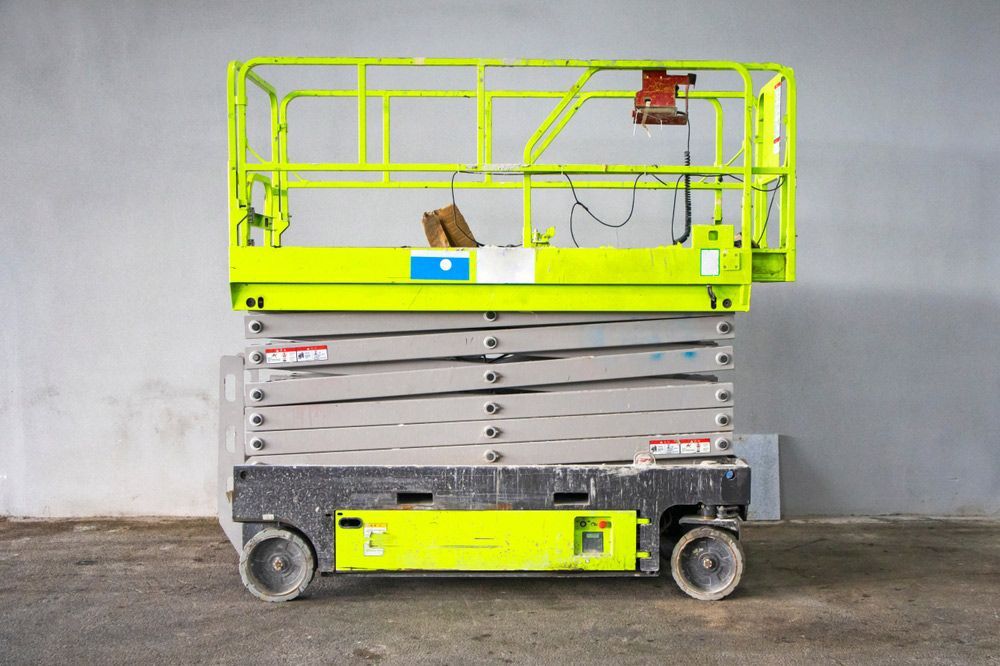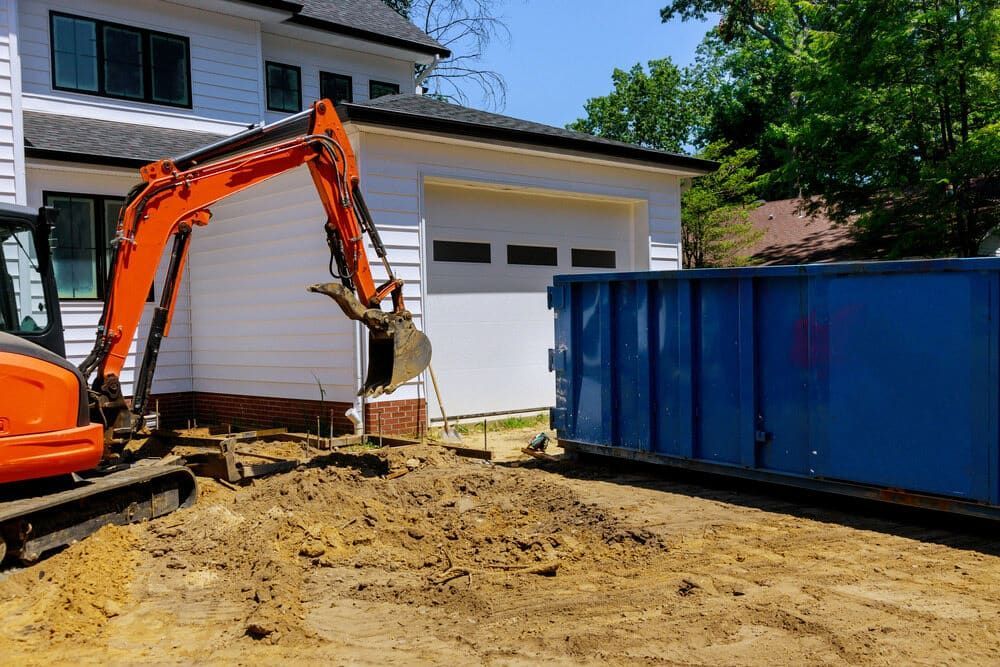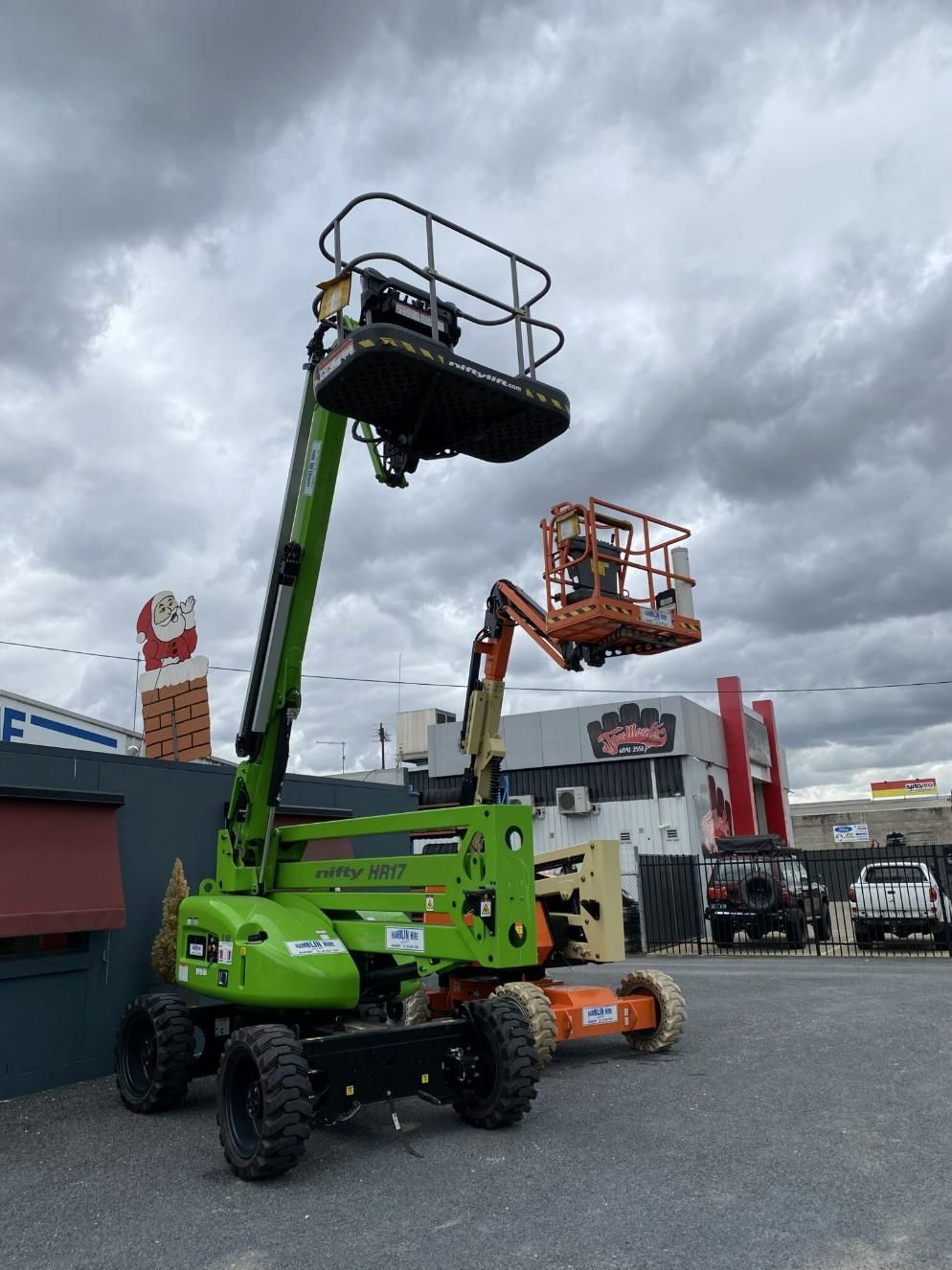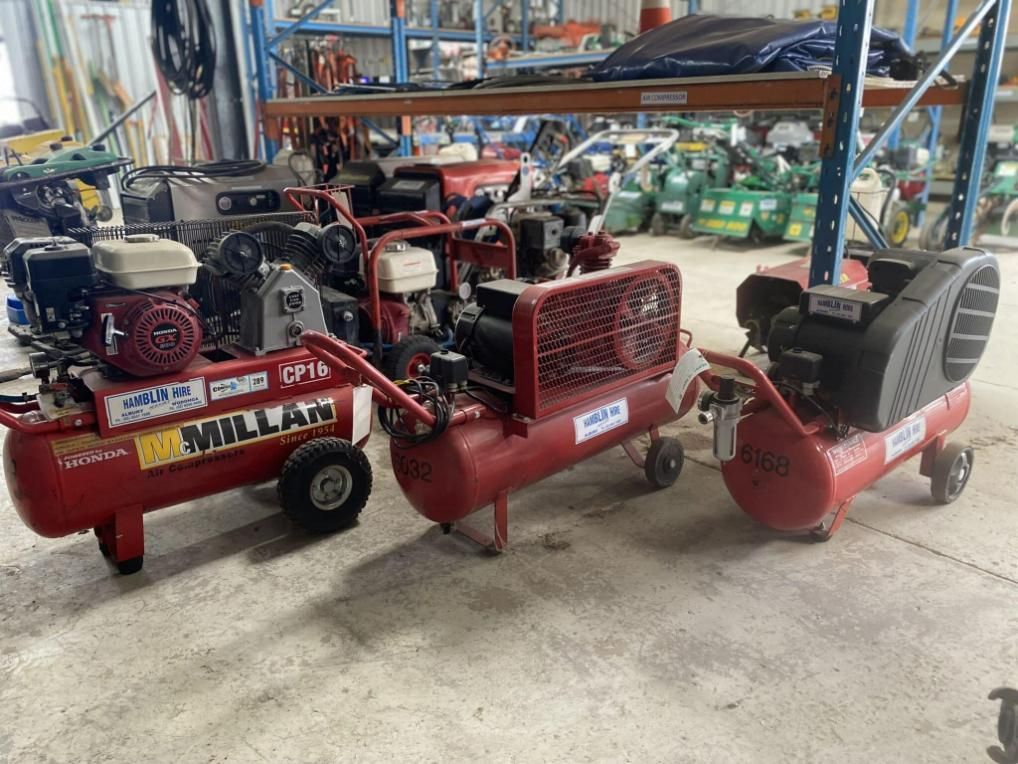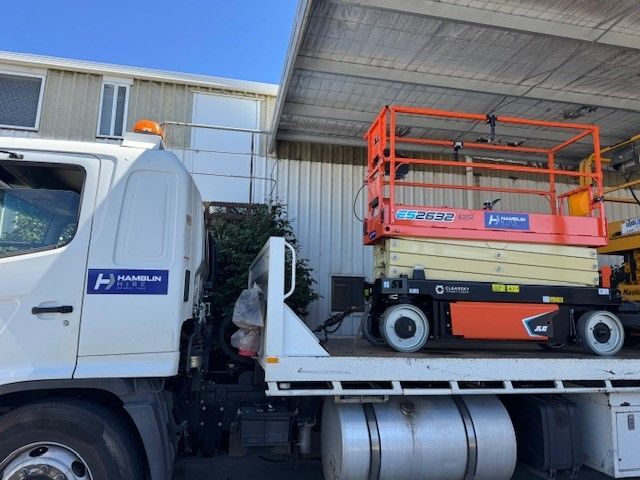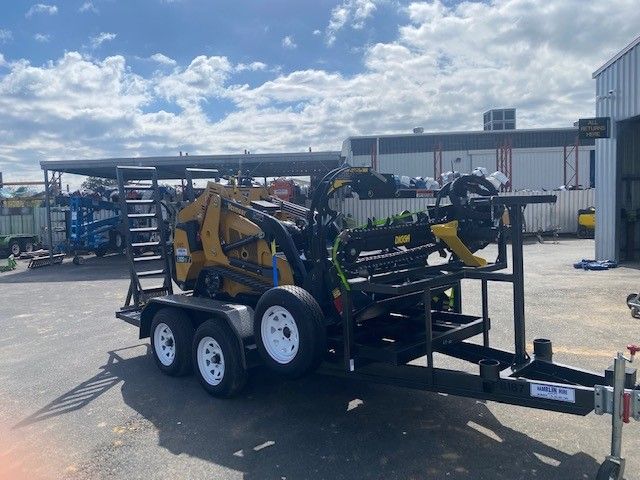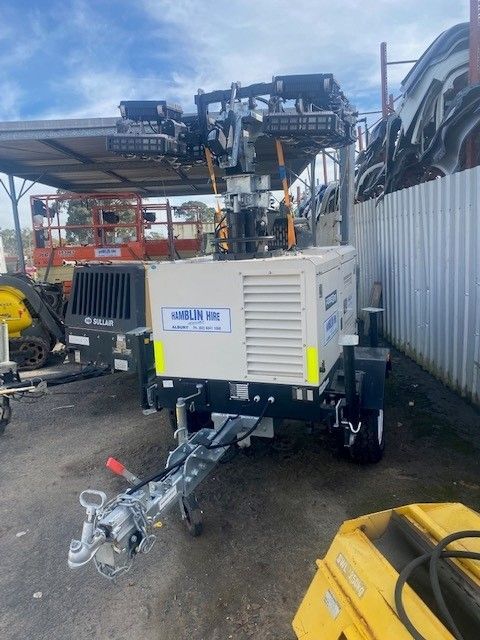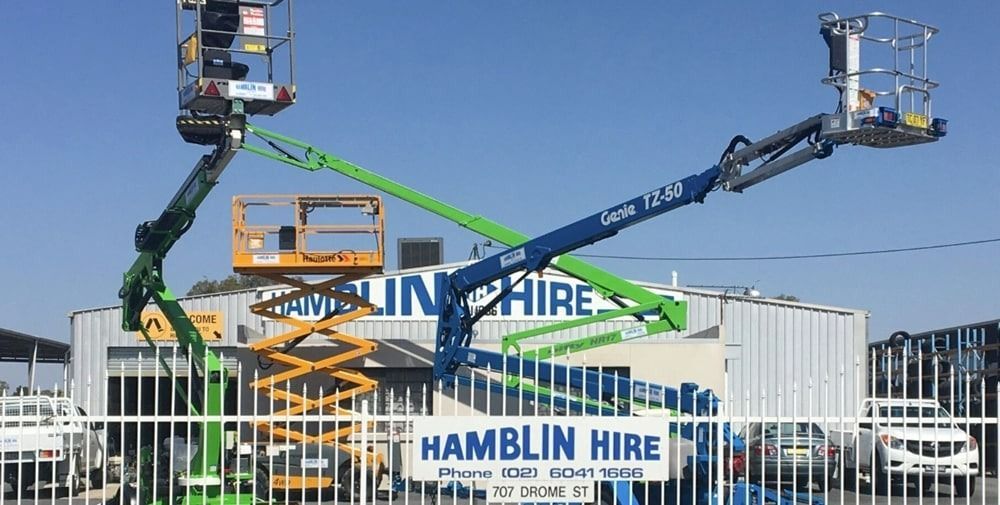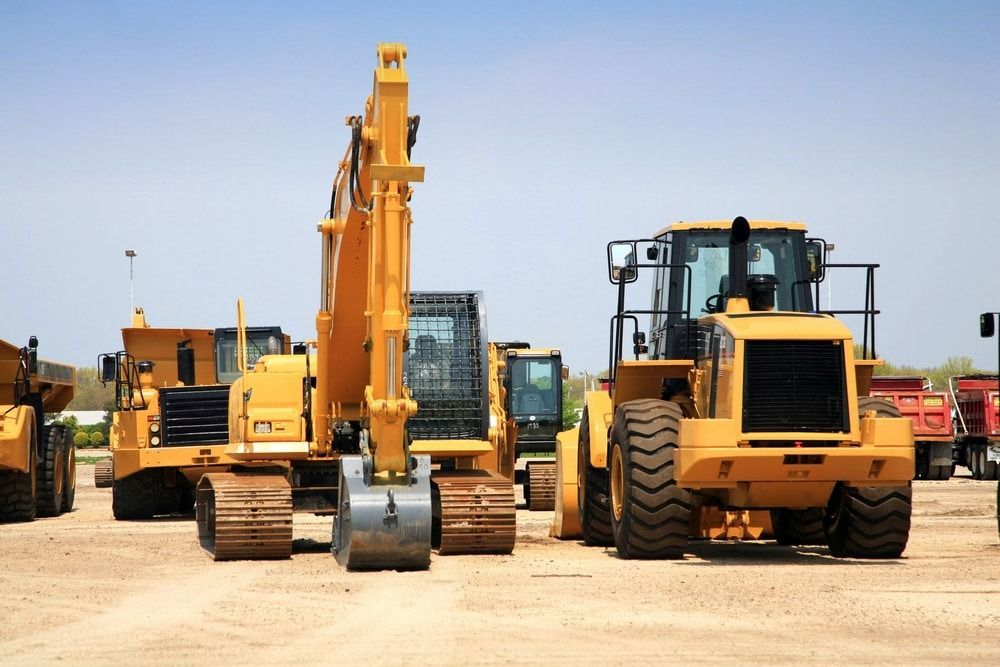How To Choose The Right Equipment Hire For Rural & Semi-Rural Sites Near Albury Wodonga
Working on a property well outside the town centre can feel very different to a typical urban build. You might be clearing paddocks, erecting fences, setting up a shed or hosting a large outdoor event — and the conditions are often tougher. Uneven or sloping terrain, long travel distances for delivery, limited access to mains power, and exposure to weather extremes are just a few of the additional challenges. Choosing the right equipment hire in that context is important. Picking gear just because “it’s available” can cost time, money and frustration. In this post, I’ll walk you through what to look out for when hiring equipment for rural and semi‑rural sites. ‑‑what you should ask, what features to check, and how a good local hire company can make all the difference.
Assessing terrain & access constraints on rural sites
When your site is off the bitumen, access and ground conditions are crucial.
- Look for equipment with wide tyres, 4-wheel drive, or low-ground-pressure tracks if you expect to encounter mud, uneven ground, or soft soil.
- Check whether the hire company can deliver along narrow farm tracks, over gates or through paddocks.
- Ask whether the equipment’s footprint (size and turning circle) suits the site — tight fence lines and sheds often restrict the use of larger machines.
- Confirm whether travel to the drop-off point is included or if special transportation is required.
- If the hire gear is inappropriate for the terrain, you risk bogging, damaging the ground, or having the machine underperform. A local hire business that understands rural access can advise you on suitability and delivery logistics.
Evaluating power & utilities availability for remote job sites
Many rural and semi-rural projects lack easy access to mains power or fully equipped services.
- Determine if you need a generator, long-run power leads, or battery-powered tools when mains power is unavailable.
- Ensure the hire company provides equipment rated for remote use (e.g., weather‑proof, protected from dust, with fitted earth leakage protection).
- Ask whether fuel, servicing and refuelling are included if the machine is self‑powered.
- Confirm how you’ll manage lighting, site power or tool charging when the jobsite is isolated.
- By asking these questions, you avoid surprises, such as machines stalling due to a lack of power or incurring expensive downtime. A hire provider experienced in regional sites will have solutions ready.
Planning for travel distance & logistics in regional locations
Being outside the urban centre means travel and delivery become bigger factors.
- Ask about delivery and pickup: how far will the hire company travel, and is there a surcharge for remote locations?
- Confirm how early you must book, as rural hire fleets may be smaller and demand is higher for remote jobs.
- Check turnaround time: how quickly can the company deliver or exchange equipment if something fails?
- Consider fuel and transport costs — having to reschedule or bring in your own transport defeats the benefit of hiring.
- On projects near Albury Wodonga, using a local hire service that is familiar with the region helps avoid hidden costs, delays, and frustration.
Managing weather extremes & seasonal impacts on machinery
Rural sites face harsher conditions — heat, dust, heavy rain or mud — which affect equipment performance.
- Choose machines with features that cope: sealed electrical components, extra cooling, weatherproof covers, high-traction tyres.
- Ask whether the hire company cleans and services equipment between hires so you don’t get gear with residual wear from harsh use.
- Plan for weather-related access issues (such as slippery tracks after rain or dust blowing in the wind) — the right hire partner will advise on what works.
- Check what happens if the weather stops work: does the hire period lock in for the days you cannot use the machine?
- The weather can significantly hinder rural work more than city jobs. Getting gear that’s up to it saves you from breakdowns or delays.
Matching machinery size & specification to the actual job
Choosing the “right size” machine matters more than choosing the biggest.
- List the tasks for which you need the machine (e.g., excavating a 1m deep trench for fencing, clearing a 50m track, compacting the base for a shed).
- Find out from the hire company what size machine is genuinely suitable — they should show you options.
- Avoid over‑hiring large gear that can’t manoeuvre well or is too heavy for the ground conditions. Equally, avoid hiring something too small that takes twice the time.
- Ask whether attachments, accessories or extra features (e.g., buckets, forks) are included or available.
- Choosing the correct spec means better efficiency, fewer mistakes and less damage to the site and machine.
Ensuring operator skill, licensing & safety on‑site
On remote sites, the risk factors can be higher: unsealed ground, slopes, livestock, and minimal supervision.
- Ask if operator licensing or training is required and whether the hiring company offers operator or training.
- Check what pre‑hire safety checks are done: machine servicing, site induction, and verification of certification.
- Ensure the hiring company provides information on machine weight, ground loading, overturn risk, and stability when working on slopes.
- Confirm who is responsible for damage, breakdown or injury: your insurer, you or the hire company?
- Safety is non‑negotiable. If the hire provider takes operator training and safety seriously, that reduces your risk and stress.
Considering hire terms, flexibility & breakdown support for regional builds
When your site is in a remote or semi-rural location, downtime or delays are particularly detrimental.
- Review the hiring terms: minimum period, daily vs. weekly charges, overtime penalties, and what constitutes “downtime”.
- Ask about backup machines: if the machine fails, will a replacement be sent promptly?
- Check whether transport for pickups/drop‑offs is included or extra, especially significant when distance is involved.
- Ensure you have contact details for support and that the hiring company services your area without significant delays.
- Having flexible hire terms and a reliable support network can make the difference between a smooth job and expensive downtime.
Get the Right Equipment Hire in Albury Wodonga for Rural Jobs
If you’re working on a rural or semi‑rural property near Albury Wodonga and need reliable
equipment hire in Albury Wodonga, we’d be glad to help. At
Hamblin Hire, we offer delivery, local support, rental terms tailored to regional projects, and machines maintained for tough conditions.
Contact us by phone or visit our website to get in touch via our
contact page and book a machine that meets your site’s specific needs — let us help you keep your project moving smoothly.

